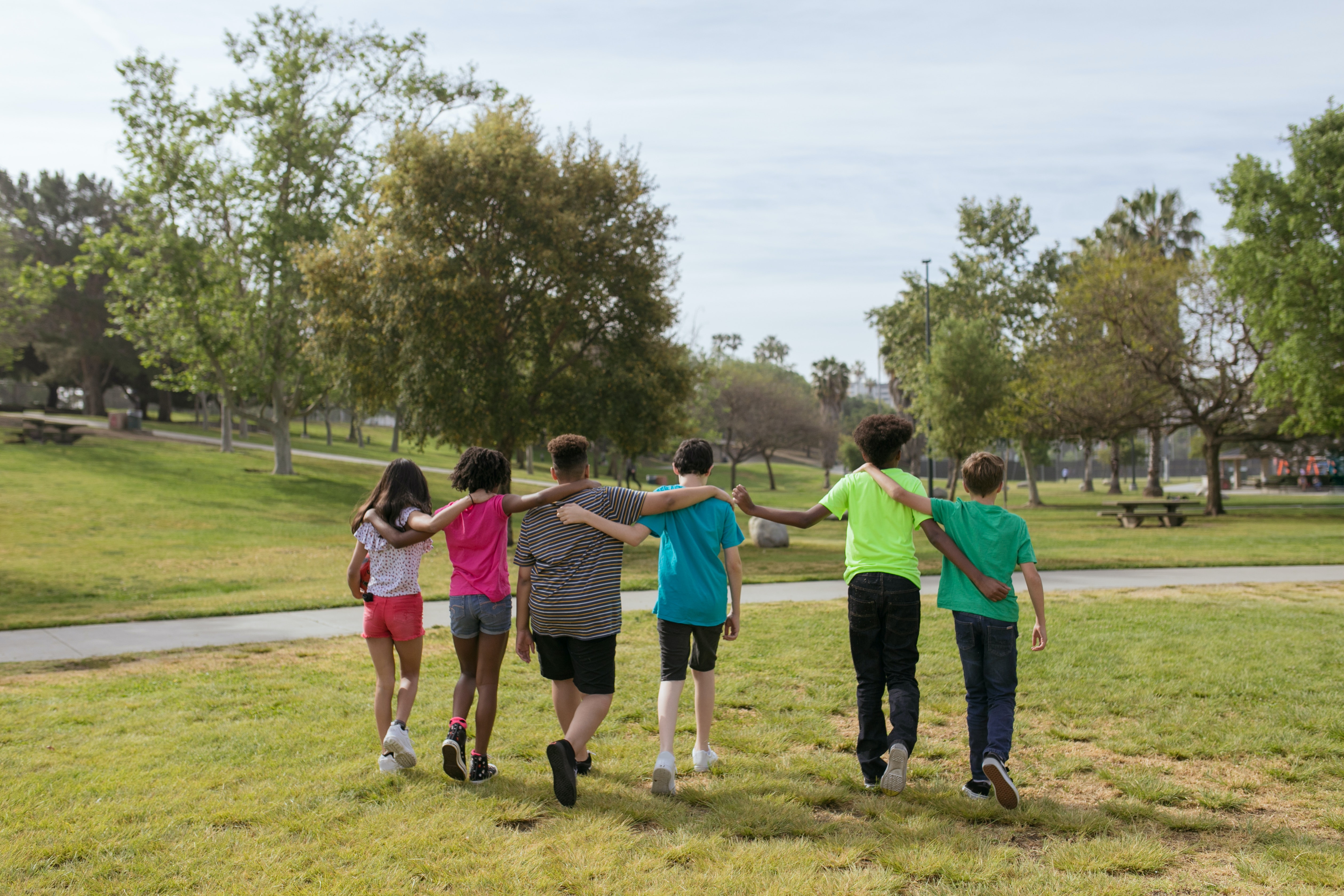Home > Promoting School Preparedness, Community Resilience, and Recovery in the Face of Adversity

Schools play an important role in supporting student resilience and wellbeing following community-wide trauma and adversity, but the road from preparedness to recovery begins long before a crisis event occurs and the response lasts well after the event is over. This four-part series will focus on the role of schools and school mental health providers throughout crisis planning and response and will offer a framework for planning that is part of a larger trauma-informed and healing-centered approach to education and school mental health. Presenters will highlight crisis planning efforts and examples across the Southeast region and nationally to promote collaborative learning.
Schools play an important role in the recovery of students following community-wide trauma and adversity, but the road from preparedness to recovery begins long before a crisis event occurs and the response lasts well after the event is over. This first session of a 4-part series will provide foundational information about collective trauma, how it affects members of a school community, the role of schools in crisis planning and response, and best practices in school crisis responses (including healing-centered school programming).
With natural and man-made crisis events increasing in frequency, schools and school mental health providers are being called upon to meet both the physical safety and social-emotional needs of students following exposure to a crisis event. Part of that readiness is a well-developed crisis plan combined with healing-centered and resilience-promoting policies and programming. Crisis readiness is both a school- and community-wide imperative that ideally is part of a wider trauma-informed approach already used in many schools. It requires dedicated planning and intentional implementation for which school mental health providers are particularly well suited. Advanced planning for crisis readiness and response focuses on building comprehensive plans in collaboration with school and community partners while working to build individual and community-wide resilience through trauma-informed practices. While this training focuses primarily on early intervention, it addresses both single incident crises and ongoing crises (e.g., community violence), and therefore emphasizes the development of responsive systems and procedures that are iterative and create opportunities for ongoing learning and improvement. This training will review best practices for planning and highlight resources that will help school mental health providers build their toolboxes for crisis readiness and response.
Schools are often in a position to respond to unfolding crisis and tragedy as they are happening. How do we respond? What practices and resources do we implement in real time to support our students and their families in collaboration with community partners? There are increasing expectations that schools engage in response efforts, as a hub of the community. This session will provide practical information about responsive practices and supportive resources to promote collective resilience during episodes of hardship and trauma. We will discuss the responsibility we have to our students, our colleagues, and ourselves when faced with urgent or ongoing stressors. Our focus will be on culturally responsive approaches, opportunities for iterative learning and improvement, and feature local and state examples in the Southeast and nationally.
Part 4 – Recovery and Maintenance
Schools and communities can mobilize and take action in the weeks, months, and years following community-wide trauma, adversity, or stressors. Undoubtedly, ongoing and future crises are likely to occur, so proactive planning and preparedness is best approached as an iterative, long-term process. This session will provide practical information about best practices and key resources to promote family-school-community collaboration for collective resilience during the long-term recovery and maintenance phase of an experience with collective trauma. We will share trauma training resources for school professionals and community members, explain strategies and complementary resources for data-driven, iterative learning and planning, and feature local and state examples in the Southeast and nationally.
Part 5 - The fourth "R" in our School Mental Health Crisis Continuum of Care: Renewal
In this webinar, the School Crisis Recovery & Renewal project explores the “fourth R” in the crisis continuum of care: Renewal. After readiness, through response and beyond recovery, renewal work asks us to focus on structural changes and procedures, coordinating policy, processes, and practices that center regeneration and healing.
Together, we explore the seven elements foundational to trauma-informed school crisis recovery and renewal, including meaning-making (Neimeyer, 2001), building and fostering resilience (Ungar, 2011), post-traumatic growth theory (Calhoun & Tedeschi, 2006), and organizational change after crisis and healing-centered school approaches.
Part 6 - Leading Ourselves & School Communities Through and After Crisis Towards Healing
School crises can be interrupters or the norm, depending on the school and its community context. Whether the crisis is acute, chronic, or complex, there are shared leadership practices, policies, and paradigm shifts that can support all stakeholders’ efforts to successfully navigate a crisis.
Leading school communities through crisis recovery and renewal while responding is hard and complex. We don’t need to hold this work alone (even though…we often do!). In this webinar, we explore these essential questions: What makes our leadership trauma informed- always, in the wake of, and in the aftermath of crisis? How might we continue our trauma-informed leadership during and after a crisis has ended (e.g., COVID 19, a student death, hurricane) to strengthen our school climate?